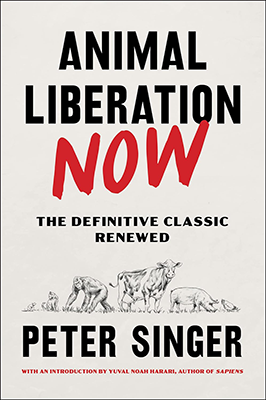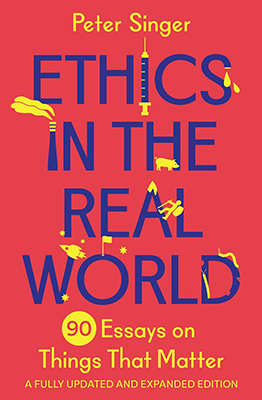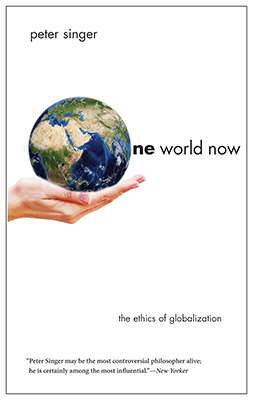
Peter Singer
Peter Singer is an Australian philosopher, ethicist, and author known for his work in applied ethics and moral philosophy. Born on July 6, 1946, in Melbourne, Australia, Singer has made significant contributions to various ethical issues, particularly in the areas of animal rights, global poverty, and effective altruism.
Singer gained widespread attention with the publication of his book “Animal Liberation” in 1975. In this influential work, he argued for the ethical consideration of non-human animals and advocated for animal rights. He famously introduced the concept of speciesism, which is the discrimination against individuals based on their species membership, akin to racism or sexism.
Another major aspect of Singer’s work is his advocacy for effective altruism, a philosophy and social movement that aims to maximize the positive impact of one’s actions to alleviate suffering and promote well-being. He encourages individuals to use evidence and reason to identify the most effective ways to help others, often emphasizing the importance of donating to highly effective charities.
Throughout his career, Singer has held academic positions at various institutions, including Princeton University and the University of Melbourne. He has authored numerous books and essays on ethics, including “Practical Ethics,” “The Life You Can Save,” and “The Most Good You Can Do.”
Singer’s ideas have sparked both admiration and controversy. While many applaud his efforts to promote compassion and ethical behavior, others have criticized his views on topics such as euthanasia, abortion, and the treatment of disabled individuals. Despite this, Singer remains a prominent figure in contemporary ethics and continues to provoke thoughtful debate on important moral issues.



